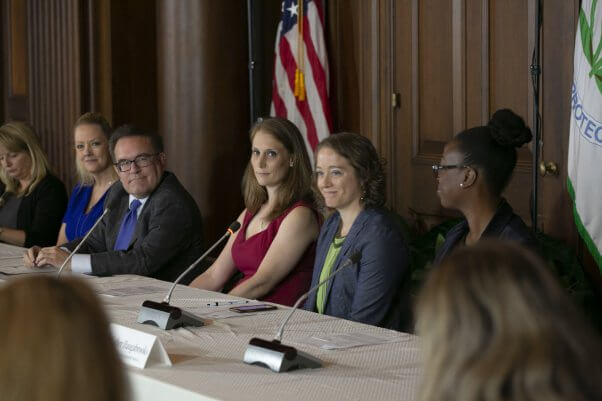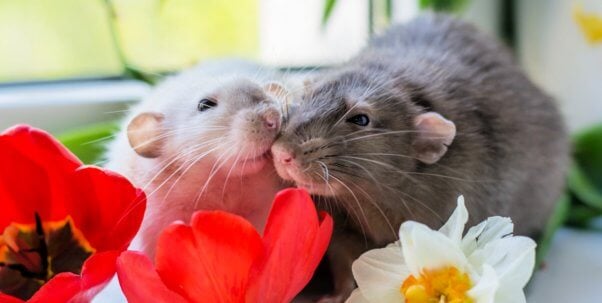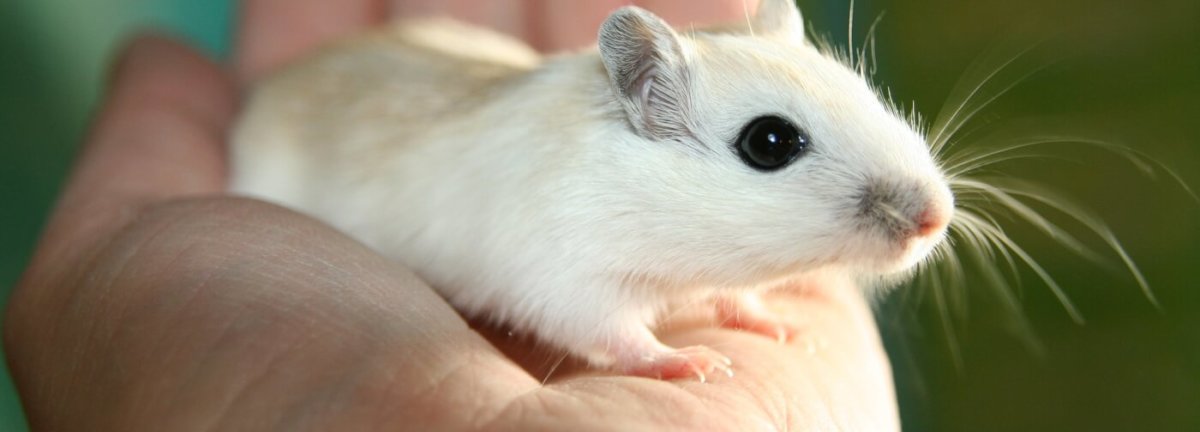We did it! Five big initiatives from PETA scientists have helped bring about a new era for animals in laboratories. Today, scientists from PETA and the Physicians Committee for Responsible Medicine—which has done substantial work on this issue, too—had the honor of witnessing the U.S. Environmental Protection Agency (EPA) make an announcement that it plans to end toxicity tests on mammals by 2035. And with a little luck, it will take effect sooner and include all animals.

PETA scientist Dr. Amy Clippinger sits next to EPA Administrator Andrew Wheeler as he announces plan to end animal test requirements.
It took almost 20 years of work for us to reach this day. Here’s how our science team contributed to this groundbreaking progress:
- Our scientists held dozens of meetings with researchers and regulators, including EPA officials, to discuss how animals could be replaced in tests.
- We submitted detailed scientific comments revealing the problems with animal tests.
- We worked to change laws to restrict animal tests and put agency funding toward the development of non-animal test methods.
- We provided government and corporate scientists with educational opportunities to explore non-animal methods and coauthored scientific papers on the ways animal-free testing is superior to poisoning animals.
- We protested animal testing, even sending a giant “bunny” mascot to trail then–presidential candidate Al Gore, who listened and directed his staff to fund alternatives!
Today, the @EPA announced it will end toxicity testing requirements on mammals by 2035!
This groundbreaking announcement follows almost two decades of work by PETA scientists who will keep working to end all tests on animals worldwide! https://t.co/V383euy8oL pic.twitter.com/ARDFqxGoIP
— PETA (@peta) September 10, 2019
News of this breakthrough follows an announcement by the Dutch government, with input by PETA and PETA U.K. scientists, that it will end many types of animal testing by 2025. These decisions made by the Netherlands and the EPA are clear signals of an imminent worldwide end of regulatory toxicity testing on animals—and the dawn of a new era in which toxicity tests will better protect humans and the environment, while preventing animals from suffering.

© iStock.com/Inessal





